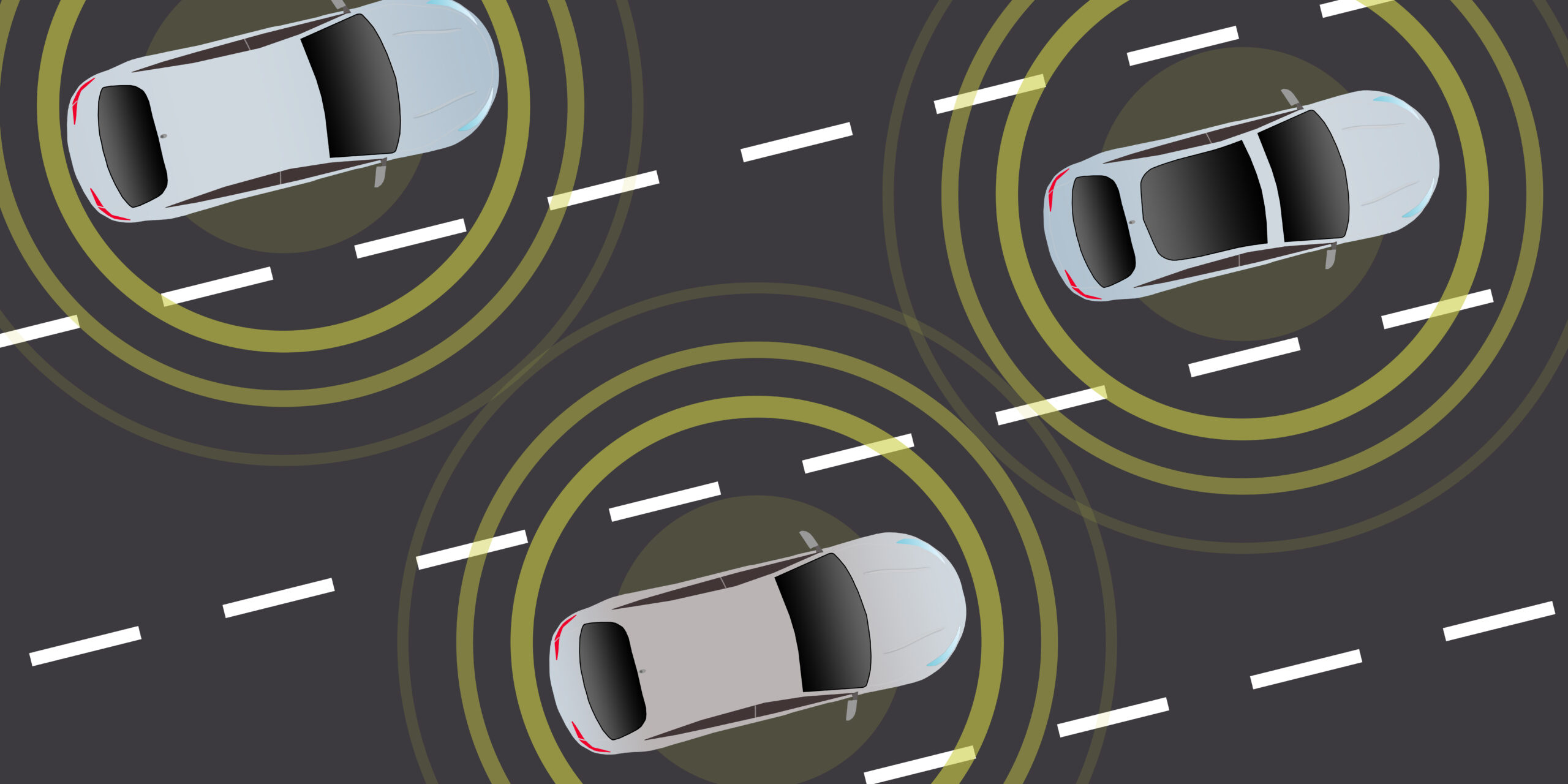Subject of course
Part 1: Automated driving
• Definitions
• Automated driving levels
• Advantages and challenges
• Legal situation
• Object detection, sensors, sensor fusion
• Decision logic, software structure
• Actuators
• Artificial intelligence
• Safety and security
• Over the air updates
• System comparisons
• Car, commercial vehicle and other applications
Part 2: Alternative vehicle technology
• Trends in the automotive industry
• Overview of vehicle concepts
• Electrification
• Overview of energy storage systems
• BEV concepts
• Hybrid vehicles
• Voltage levels 48V, 400 / 1000V
• Charging solutions
• Hydrogen and fuel cell technology
• Alternative suspension and damping concepts
• Alternative braking concepts
• Active aerodynamics
• Materials
• Types of use and mobility services
• Networking
• Alternative vehicles for private transport and industry
• Sports cars and racing vehicles
Learning outcomes
After successful completion of the course, students are able to research subject-specific topics on the areas of driver assistance systems, automated driving, autonomous driving and alternative vehicle technology, to introduce them into a technical discussion and to write scientific papers.
The following topics are covered:
– Driver assistance systems, automated systems up to automated driving
– Advantages and challenges
– Sensors, object detection, computer system and actuators
– Artificial intelligence
– Development processes
– Examples of executed systems
– Energy sources, costs, availability, CO2 impact
– Energy sources and influence on vehicles and drive technology
– Alternative vehicle technology for individual mobility
– Alternative vehicle technology in industrial transportation
– Alternative vehicle technology in motorsport
Please register for the course in TISS:
315.750 Automated driving and alternative vehicle technology
